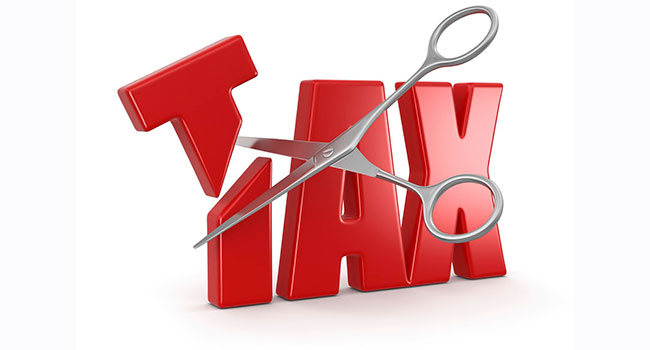 Alberta’s economy won’t start to fire on all cylinders unless municipal councillors are willing to start playing ball and cut taxes.
Alberta’s economy won’t start to fire on all cylinders unless municipal councillors are willing to start playing ball and cut taxes.
A key pillar of the province’s economic recovery plan is the reduction of the business tax to eight per cent. Premier Jason Kenney has also made it clear that raising taxes right now would be like shooting a hole in a rowboat then deciding to cross the Pacific.
“I cannot imagine a dumber thing to do in the midst of a time of economic fragility, an oil price collapse and a global recession than to add a multi-billion dollar tax on the Alberta economy and Alberta families,” Kenney said in response to calls for a provincial sales tax.
While Kenney is making Alberta’s business tax system one of the most competitive in North America, municipal councillors have been busy using their collective brain power scheming new ways to squeeze more tax dollars from struggling Albertans.
Even during a downturn that added thousands of workers to the ranks of the unemployed, Alberta’s biggest cities hiked taxes. The city of Edmonton approved a 2.5 per cent residential property tax increase this year. In Calgary, families are opening their mailboxes to a 7.5 per cent tax hike.
Alberta municipalities have ample fat to cut instead of raising taxes.
“In 2017/18, Alberta’s municipal per capita expenses were the second highest among provinces (behind Ontario where municipalities also deliver a range of social services),” explained the Blue Ribbon Panel on Alberta’s finances. “Per capita capital spending in Calgary and Edmonton is among the highest for comparable cities across Canada.”
The Canadian Taxpayers Federation’s Municipal Spending Report confirms that Alberta’s big cities are big spenders. Calgary and Edmonton spend more per person than major Western Canadian cities, such as Vancouver, Regina, Saskatoon and Winnipeg. If Calgary and Edmonton brought spending in line with these Western Canadian cities, their taxpayers would save $656 million and $566 million respectively per year.
Alberta’s municipal governments haven’t exactly been cash-strapped over the last decade.
“Municipalities have experienced significant revenue growth of 48 per cent per person, including 29 per cent per person for Edmonton and 41 per cent per person for Calgary, primarily driven by municipal property tax increases [between 2007 and 2017],” explained the Blue Ribbon Panel.
Instead of trying to make life a little easier, municipal governments are devising new ways to take more tax dollars.
The city of Lethbridge, which is one of Alberta’s biggest spending cities, is now pushing for a sales tax to pay for municipal spending. Fortunately for taxpayers, Kenney confirmed to the CTF that his government would never impose a sales tax without a referendum and it’s unlikely that the many jobless Albertans will favour forking over more money to keep their bloated city councils afloat.
But Lethbridge isn’t the only taxpayer nightmare. As if a 7.5 per cent tax hike during an economic crisis isn’t enough pain, the city of Calgary is searching for new taxes and fees to help extract every penny they can from Calgarians.
Fortunately, at least one councillor is still living on planet Earth.
“Calgarians need these new taxes like they need a hole in the head,” said Coun. Jeromy Farkas.
The cities of Edmonton and Red Deer are urging their municipal lobbying group to push Kenney for new “measures and tools” so they can continue to fund their high-cost budgets. Translation: councillors want Kenney to make it easier for them to put their grubby paws on our paycheques.
If councillors were half as creative at looking for savings as they are at looking for new ways to squeeze more money out of taxpayers, then many of Albertans’ economic challenges would have been solved by now. Kenney is moving the province in the right direction by lowering business taxes, but our economy won’t hit full stride until municipalities cut taxes for families and businesses.
Franco Terrazzano is the Alberta Director of the Canadian Taxpayers Federation.
Franco is a Troy Media Thought Leader. Why aren’t you?
The views, opinions and positions expressed by columnists and contributors are the author’s alone. They do not inherently or expressly reflect the views, opinions and/or positions of our publication.


